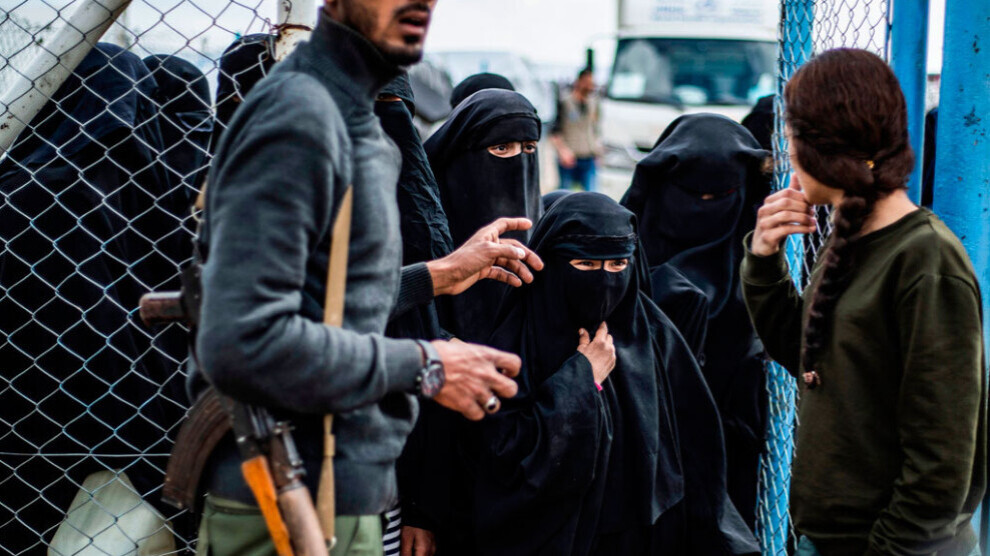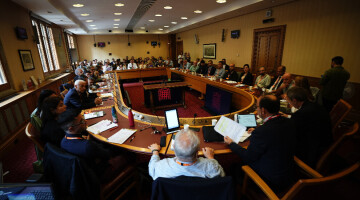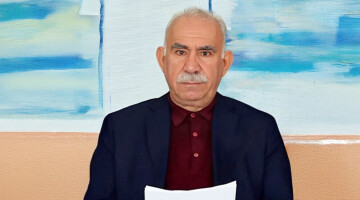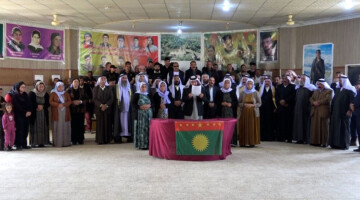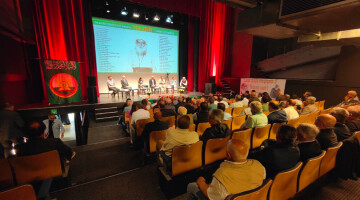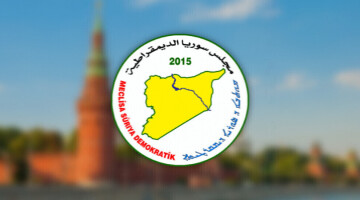The Albanian government has brought back four women from northeastern Syria who joined the terrorist group ISIS years ago. The Albanian women and their total of nine children are expected to land at the airport in the capital Tirana later on Friday, it said. Whether and how many of the women will be detained after their arrival in Albania initially remained unclear.
The handover of the Albanian ISIS supporters to a government delegation took place at noon in the Department of Foreign Affairs of the Autonomous Administration of North and East Syria. According to the department, the repatriation protocol was signed last weekend, and part of the delegation were also representatives of the Kosovo government. At the meeting, the delegation members, including Albania's "anti-terror chief" Alban Dautaj, discussed the security and economic challenges facing northeastern Syria with, among others, Autonomous Administration Foreign Affairs Officer Abdulkarim Omar and Dilan Ahmed of the Women's Defense Units (YPJ) International Relations Office. The delegation expressed concern about Turkish aggression against the region.
Hundreds of Albanians with ISIS
At the height of the Syrian civil war, several hundred Albanian nationals left to join ISIS, according to the government in Tirana. Most of these jihadists were killed in fighting, leaving behind their wives and children. With Friday's repatriation operation, Albania has so far repatriated 38 women and children with Albanian citizenship from the shattered ISIS. The last repatriation took place in July last year. At least 39 women and children from the Balkan country are still in the camps in the northeastern Syrian autonomous region, and further repatriation missions are reportedly being planned.
Omar: Countries of origin must take responsibility
At the meeting, Abdulkarim Omar once again appealed to the countries of origin of the ISIS supporters and jihadists held in northern and eastern Syria to take responsibility for their citizens. The Autonomous Administration, he said, does not have the capacity to care for and secure tens of thousands of people from more than 50 countries on its own. "We have been asking these countries for years to take back their nationals held or detained in our territories. But very few governments are willing not to shirk their responsibilities," Omar said.

